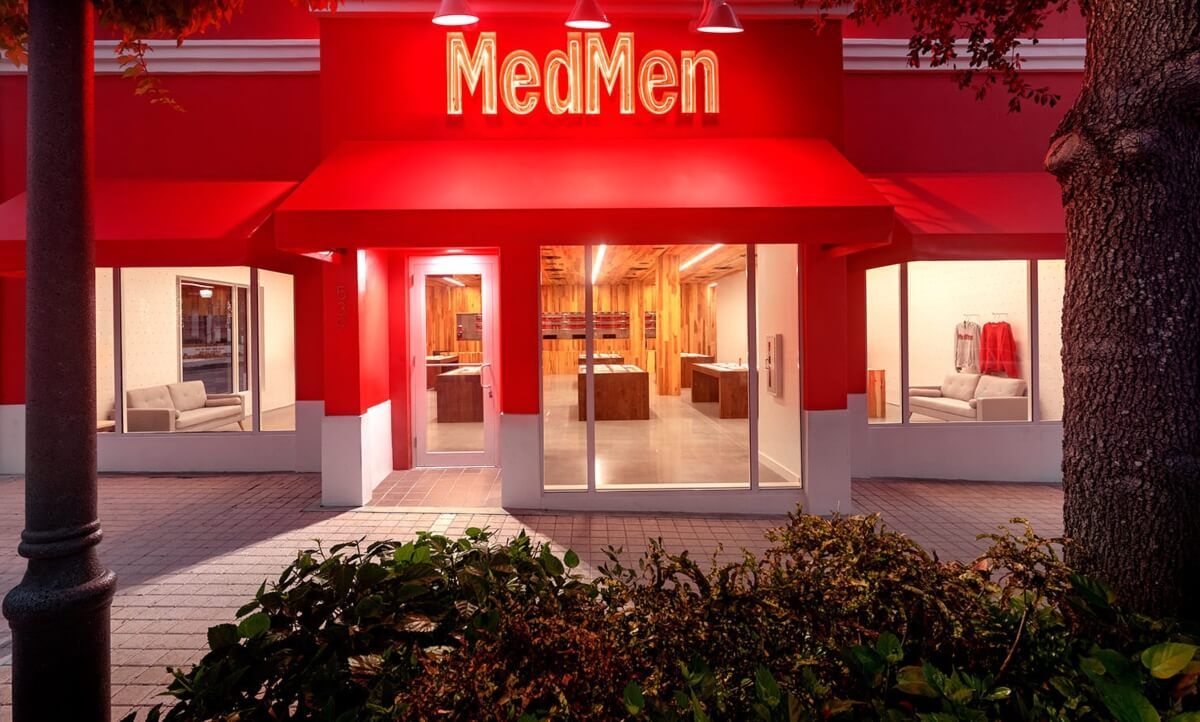The Los Angeles cannabis industry has proved to be one of the most unruly and chaotic to govern according to industry experts, and over two years into its licensing process the market remains plagued by frustration, delays and hundreds of thousands of dollars wasted by marijuana entrepreneurs.
The city’s latest licensing round – for 100 social equity retail permits – has been on hold since October 2019 and will remain so until Mayor Eric Garcetti tells the L.A. Department of Cannabis Regulation (DCR) to restart the process.
That means it’s unclear when those shops can open.
There’s also no word as to when future licensing rounds – in which hundreds more various license types will go up for grabs – might begin.
Garcetti’s office did not respond to a Marijuana Business Daily request for comment.
The city’s slow-moving cannabis permitting process has been so interminable that many entrepreneurs have already quit the business – or at least in the L.A. market – in favor of other ventures, said Adam Spiker, the executive director of the Southern California Coalition.
The organization is at perhaps its lowest membership rate in its five-year history, he noted.
Spiker said the SCC – which submitted a letter to Gov. Gavin Newsom in late April pleading for marijuana tax relief – has lost six of its 15 board members in recent months because they couldn’t make their business models work in the current market conditions.
“We’ve been in purgatory for god knows how long,” Spiker said.
“I bet we’ve lost two-thirds of our dues-paying members from our height, about 2½ years ago. And it’s only going to get worse.”
The latest on licensing
After the licensing process was paused last fall and an independent audit was conducted, the DCR issued a series of policy recommendations on April 10 designed to improve permitting procedures and the social equity program moving forward.
But even those recommendations are at a standstill because the City Council must formally adopt them, and there’s been no indication yet that the issue has been scheduled for a hearing, Plummer and Spiker said.
If the City Council adopts the recommendations, it could mark a significant change for stakeholders. The recommendations include:
- New social equity definitions and criteria.
- Fast-tracking for the 100 retail license winners from last fall.
- Allowing the other 702 applicants that didn’t win a retail permit to be first in line for other license types, such as manufacturing, distribution and delivery.
- Switching from the first-come, first-served process last fall to a lottery for future licensing rounds.
The pivot indicates that the DCR has been “listening to the community,” said Ariel Clark, an attorney whose client list includes both winners and losers from last fall’s licensing round.
Still, she said, plenty of unanswered questions remain regarding the DCR’s proposals to the City Council.
That includes precise definitions for several of the proposed new requirements, which could affect the structure of business deals between some retail license winners and their partners, Clark said, which adds uncertainty and potential delays.
“It doesn’t make a lot of sense to require these things that haven’t even been figured out,” Clark said. “There are tons of issues. I could go on and on.”
Lawsuit adds uncertainty
Another question is a lawsuit filed by a social equity applicant, Madison Shockley III, who’s hoping to get the application results from last fall thrown out and the retail licensing process redone.
Shockley’s attorney said an L.A. judge could hear the merits of the suit as soon as this week.
Among other things, the suit seeks an emergency injunction and temporary restraining order preventing the city from moving forward with permitting the 100 retail winners.
“I’m interested in pursuing delivery in the short term, but not in exchange for my opportunity at a retail permit,” Shockley said when asked about potentially being offered a different license type under the DCR’s recent policy recommendations.
“I feel I was unfairly disqualified for my opportunity for retail, and I want that to be rectified.”
Shockley said there’s “no point” in the DCR pushing ahead with its licensing for the 100 retailers because he’s confident his case will wind up going to trial, which could take a year or longer.
“(Licensing) should … be put on hold until our trial, when we figure out what the proper thing to do is,” Shockley said, adding that he’s compiled his own recommendations for the DCR through a series of community meetings.
Winners feel they’re losing
Some of the 100 retail winners from last fall, though they disagree with Shockley, are still frustrated by the delays and say they’re burning cash every month on storefronts that they’ve leased or rented but cannot use.
“This process has become untenably long and financially draining for the applicants, most of whom have been paying leases on expensive properties for over a year,” social equity retail winner Whitney Beatty wrote in an email to MJBizDaily.
Beatty said that, like her, many of the 100 retail winners are running into “investor fatigue” and are just “weeks, not months” from running out of cash to keep alive their storefronts and license hopes.
According to the Cannabis Equity Retailer Association, the losses of only 60 of those license winners add up to over $1.2 million per month in real estate payments for shops that remain unopened.
“The COVID-19 crisis is compounding our losses. We are seeing investors go bankrupt and defaulting, attempting to sell access to their (social equity) partners at inflated values, as well as landlords taking advantage of the situation,” Beatty wrote.
“It’s critical that the city takes up the situation quickly.”
Tigran Khachatryan, another of the 100 social equity retail winners, said he’s been “borrowing money here and there” from family and friends to keep his storefront leased so that he’ll be able to eventually open his shop.
In a best-case scenario, Khachatryan said he’ll open his store in September; in a worst-case scenario, he’d open next March or possibly even sell the license, since he’s already had offers in the $1 million range.
Khachatryan declined to say how much he’s been losing every month, but he said he knows one license winner who has been spending around $5,000 a month and so far has spent upwards of $70,000 during the licensing process.
Khackatryan said he also knows “another person from the top 100, he couldn’t pay his rent any longer, so the landlord is trying to kick him out or he’s trying to get him to pay more rent.”
“We still don’t have a clear strategy moving forward.”
John Schroyer can be reached at johns@mjbizdaily.com
For more of Marijuana Business Daily’s ongoing coverage of the coronavirus pandemic and its effects on the cannabis industry, click here.






